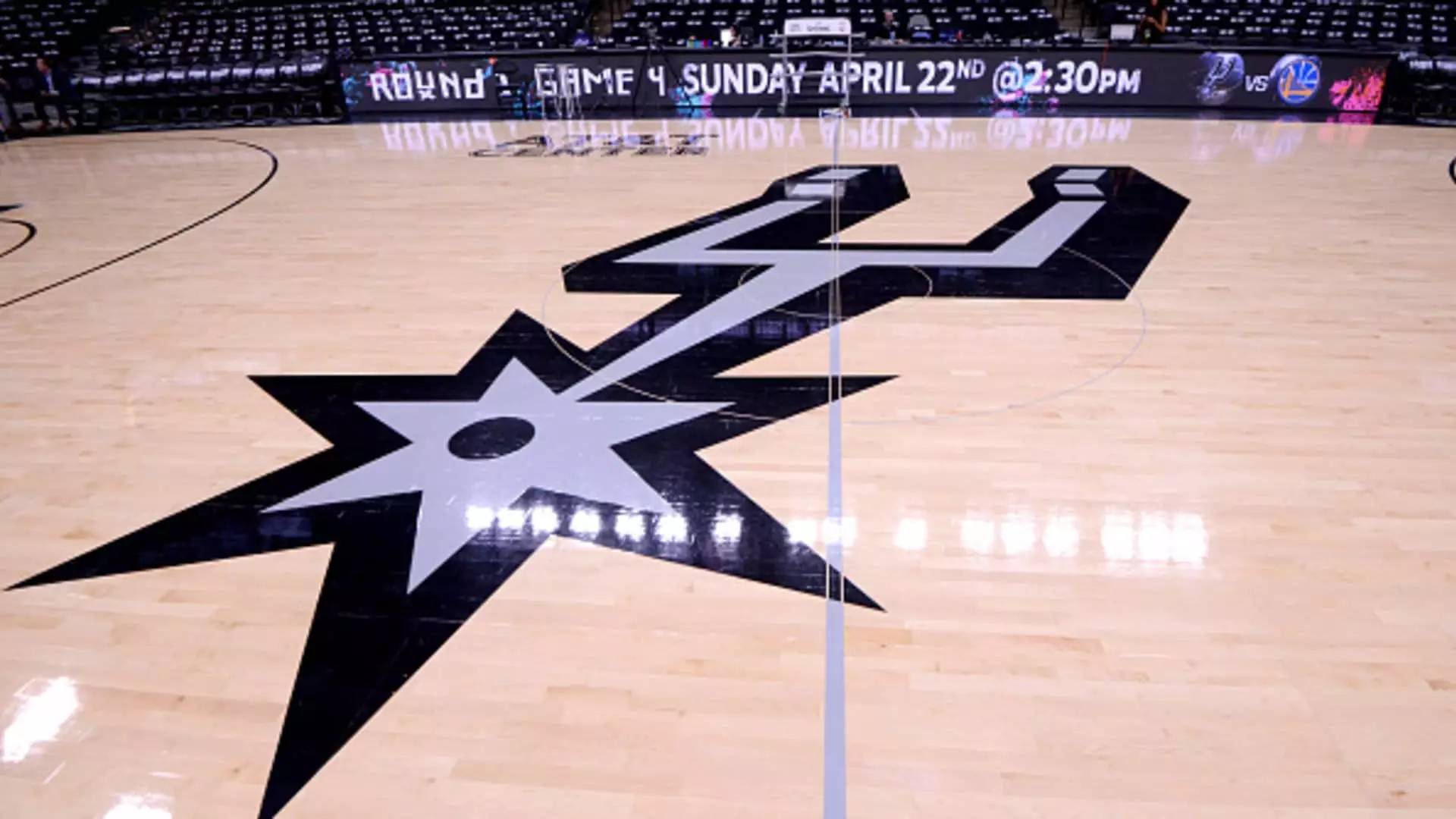Businessman Paul Viera, known for his leadership at the Atlanta-based investment firm Earnest Partners, is on the move within the world of sports investments. He has escalated his ownership stake in the San Antonio Spurs from 5% to 11%, a significant maneuver that signals a burgeoning trend in NBA valuations. This increase in stake not only reflects Viera’s confidence in the franchise but also points to a broader observation: NBA teams are increasingly viewed as lucrative assets, drawing in a new wave of investors.
Viera’s recent buyout of Aramark’s remaining interest in the Spurs at a substantial discount highlights the strategic advantages available to partial owners in the NBA. Such arrangements often involve discounts for small stakes, which can translate into significant financial benefits for discerning investors. This particular deal, which values the Spurs at an impressive $2.5 billion, is illustrative of the competitive landscape as the NBA’s appeal grows.
The financial dynamics surrounding NBA ownership are intricate. For instance, while Viera’s acquisition reflects a growing stake in a team with a storied history — five-time NBA champions — it is essential to consider the overall performance and fiscal health of the franchise. The Spurs struggled in the latest season, finishing with a 22-60 record, thus raising pertinent questions regarding the implications of such performance on team valuations. The postseason has eluded the Spurs since 2019, placing additional pressures on current and prospective owners.
In contrast, the overall league environment remains buoyed by a lucrative $76 billion, 11-year media deal. This infusion of capital has enabled teams to attract stakeholders who recognize the growth potential embedded within the NBA framework. Viera’s strategic investments reflect not only his belief in the Spurs’ future success but also an acute understanding of the financial landscape that defines modern basketball.
To provide further context, the sale of a 10% stake in the Milwaukee Bucks by former player Junior Bridgeman for a staggering enterprise value of $3.4 billion illustrates a wider trend of appreciating value in the league. In fact, sports bankers propose that controlling interests in teams like the Spurs and Bucks carry similar valuation brackets, suggesting that there is parity in perceived worth despite varying performances on the court.
Moreover, the increasing diversification of NBA ownership is noteworthy. Viera is amongst a growing group of investors, including both former players and people of color, who are stepping into ownership roles. This shift is significant for the league, which has endeavored to enhance representation among owners. The participation of figures like David Robinson and Grant Hill indicates a transformative approach towards ownership, aligning more closely with the league’s fanbase and fostering a deeper connection with communities.
As Viera’s investment journey develops, the focus shifts towards notable changes in ownership across the league. The impending sale of the Boston Celtics, with co-owner Wyc Grousbeck having announced plans to divest his stake, could present an opportunity for investors looking to enter the market at a high level. The expected sale price, between $5.5 billion and $6 billion, showcases the rising stakes in the league, further catalyzed by a history of successful ownership dating back to a purchase at $360 million in 2002.
As Viera takes a more prominent role within the Spurs, the eventual impact of these investment strategies will be closely watched. With the NBA landscape evolving rapidly, Viera’s choices reflect not just personal investment acumen but the shifting paradigms of a major professional sports league.
As franchises like the Spurs and Celtics navigate their unique challenges, one thing appears clear: the allure of basketball as an investment opportunity remains strong. With rising valuations and diverse ownership, the future of the NBA may hold groundbreaking shifts that redefine what it means to own part of a franchise in America’s favorite sport.


Leave a Reply